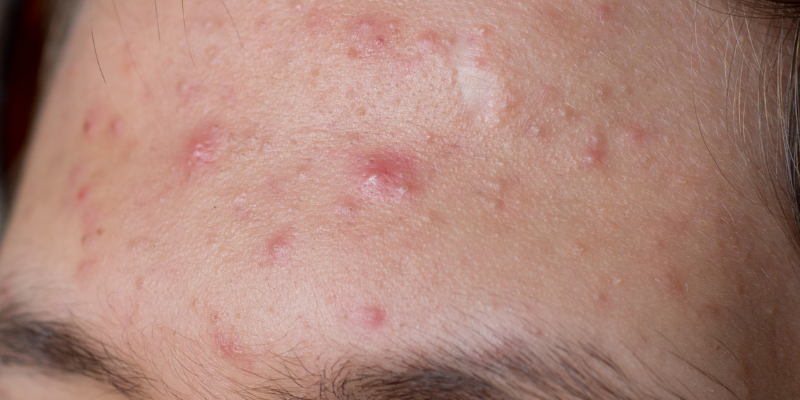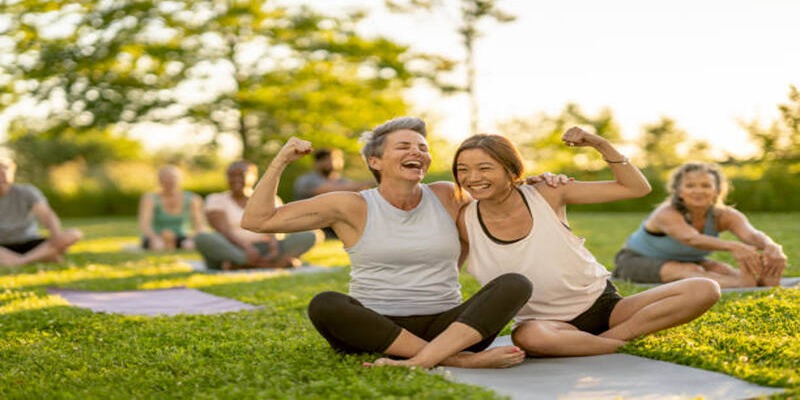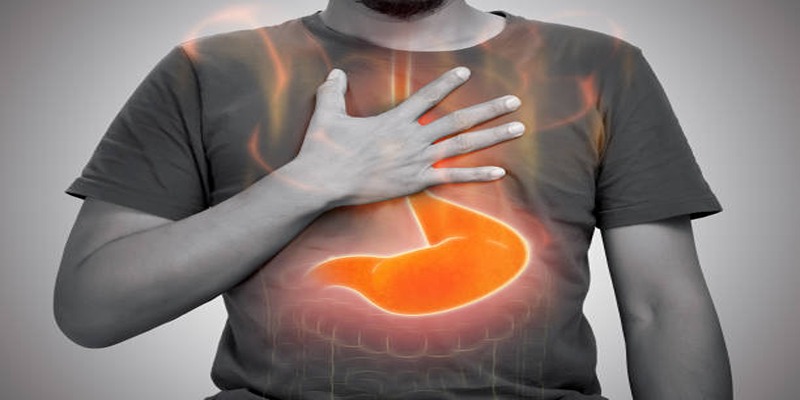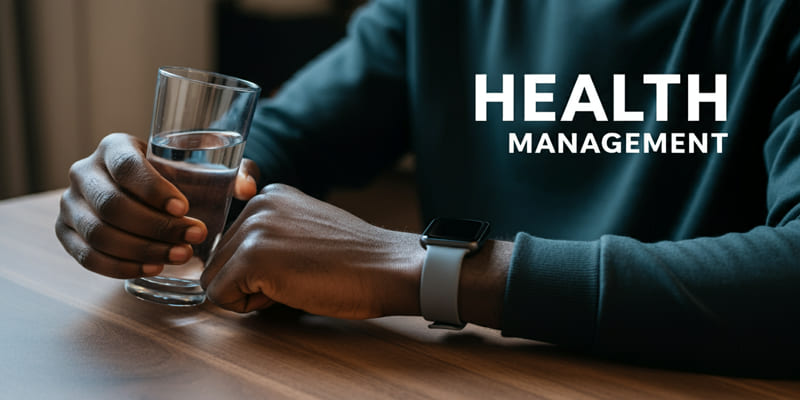Advertisement
One of the widespread skin problems is acne. It cuts across all age groups and skin types. The problems are much more profound than cosmetic ones because an acne case can easily lead to a lot of psychological issues. In this guide, we will discuss everything about acne, including its causes and types, and introduce effective treatments and preventions. In this article, you'll learn how to deal with blemishes, develop a routine that includes checking through skincare routines, and understand what leads to the development of these bumps. This knowledge empowers you to make informed choices for healthier, clearer skin.
Acne is a prevalent condition resulting from hair follicles being obstructed by oil, dead skin cells, and bacteria. The result, combined with causes blemishes such as pimples, blackheads, and cysts, affects people mainly on the face, chest, or back. Knowing what acne is helps develop suitable skincare routines and treatment strategies. However, many aspects contribute to its development, such as the formation of oils and infestation from bacteria. Identifying such factors and knowing how they happen over your skin can be critical to fighting acne.

Many factors cause people to get acne. Too much sebum production by sebaceous glands causes blockages of pores, which appears as acne and failure to shed dead skin cells clogs pores, while bacteria or viruses on the skin can cause inflammation. Sometimes, hormonal changes worsen the problem, particularly during puberty, menstruation periods, and stress. Furthermore, dietary preferences, such as foodstuffs rich in sugar or dairy products, can worsen acne in some people. It is only through understanding these causes that one can choose to target the proper skin care and lifestyle adjustment for coping with acne.
Acne can be treated based on its severity. Over-the-counter treatments include salicylic acid, which helps remove dead skin, thereby preventing pores from clogging up, and benzoyl peroxide, which works by eliminate the bacteria that cause acne. Another popular over-the-counter treatment is retinoid, which will help increase cell turnover and keep pores clean. For persistent acne, prescription treatments may be necessary, such as topical antibiotics, oral medications, or even isotretinoin for the most severe cases.
Preventing acne will require a holistic approach by combining skincare, lifestyle, and environmental habits. Preventing outbreaks is within reach if you maintain consistent routines and healthy practices. Below are essential acne prevention tips that cover several aspects of self-care and skincare:
It is the first step in preventing acne. It involves washing the face twice a day using a gentle sulfate-free cleanser that may help remove excess oil, dirt, and other impurities accumulated on the outer layers of the skin. If not wiped out, these can lead to increased clogging of pores and the multiplication of bacteria, which causes acne. Lukewarm water is chosen as hot water that can extract natural oil from the skin, increasing oil production.
Their hands touch so much dirt, oils, and bacteria that they easily make their way into your face, clogging pores and causing possible breakouts. It would be helpful to your skin to keep it very clean if you consciously tried not to touch your face all day. Do not pick or squeeze pimples because this might spread the bacteria and increase inflammation, which can even cause scarring.
If you use skincare and makeup products, ensure they are labeled "non-comedogenic." These products are designed not to block pores, especially if you have acne-prone skin. Thick or heavy oil-based creams can close off pores on the skin by trapping oil and debris, which causes pores to become clogged.
Diet is a significant part of managing good skin. Food is not a direct cause of acne, but dieting might be a harmful trigger for any individual. Sugars and carbohydrates increase the level of insulin caused by acne, and dairy products promote oil formation and inflammation.
Hydration is crucial to maintaining the balance of your skin, as water eliminates toxins from your body and keeps skin cells healthy. Hydration also helps to keep the skin's moisture barrier effective to prevent dryness, which stimulates oil production and thereby contributes to acne. To maintain adequate hydration of your skin and body, make sure that you drink at least eight glasses of water a day.

An acne scar typically develops, especially in people with medium intensity or worse spots. When zit-picking or squeezing provokes further damage to skin or tissue, this also promotes scarring. There are essentially ice pick, boxcar, and rolling scars. There seems to be some difference even in the appearance between one sort and another, thus proper treatment. There can even be chemical peeling- the sloughing off a given epidermis layer. Another alternative here is laser treatment with subsequent collagen stimulation that gradually enhances the texture of scar formations. The third option comprises microneedling.
Acne is a complex skin problem. Once it is handled correctly, it is not easy to avoid and treat. Skincare activities, through lifestyle adjustments and professional care, can help improve one's skin condition by reducing breakouts. Clear skin does not happen overnight; it requires patience and dedication, and these steps will surely bring you closer to achieving a healthier, blemish-free complexion.
Advertisement

By Elva Flynn/Jan 19, 2025

By Vicky Louisa/Jan 19, 2025

By Sid Leonard/Oct 20, 2024

By Madison Evans/Dec 10, 2024

By Georgia Vincent/Jan 19, 2025

By Nancy Miller/Oct 28, 2024

By Gabrielle Bennett /Jan 09, 2025

By Celia Kreitner/Oct 12, 2024

By Triston Martin/Jan 19, 2025

By Triston Martin/Oct 20, 2024

By Martina Wlison/Oct 26, 2024

By Celia Shatzman/Jan 08, 2025